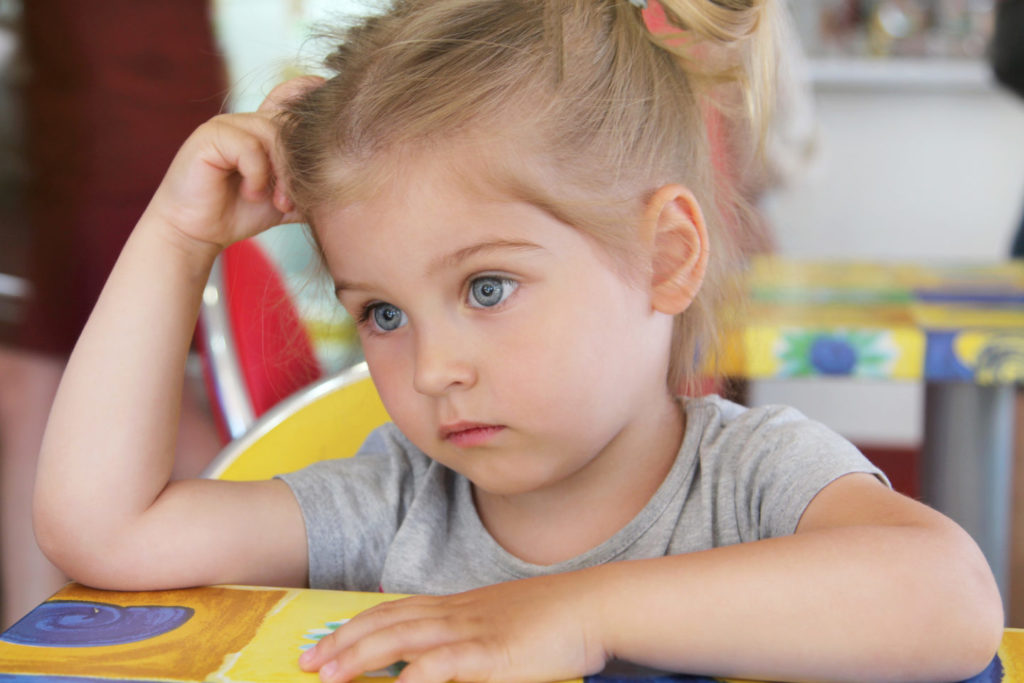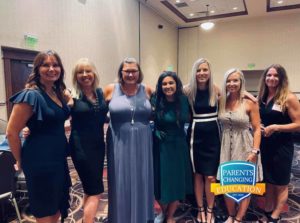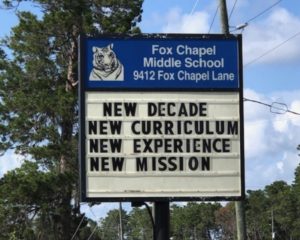Active-shooter drills for preschoolers raise concerns among parents, pediatricians. ‘My kid’s safety is my job’
As acts of violence continue to rise in public schools, many districts have instituted active-shooter drills to help children prepare for crisis situations.
However, pediatricians and parents…

As acts of violence continue to rise in public schools, many districts have instituted active-shooter drills to help children prepare for crisis situations.
However, pediatricians and parents question whether the drills cause unintended negative psychological and emotional harm to students, especially those in preschool.
“I couldn’t let a place of learning implant visions of violence in a child so young she didn’t even know the word,” wrote Colleen Kelly in a recent op-ed for Insider, explaining how she withdrew her 3-year-old daughter from preschool after shooter drills began.
“Because she’s a child already prone to worrying, I couldn’t expose her to the long-term effects of that trauma.”
Rising rates of school violence, threats nationwide
The latest records from Education Week show 46 school shootings so far in 2022, the highest in a year since the organization began tracking incidents in 2018.
Meanwhile, districts on the local level such as Guilford County in North Carolina have noted an increase in out-of-school suspensions for fighting, assault and other aggressive behaviors.
Recently The Lion published a story on Akron public schools in Ohio, where teachers reported fights between students, stabbings and a bomb threat in just one week.
“We are waving red flags like we’ve never before waved them,” said Pat Shipe, president of the Akron Education Association. “We are not being listened to. We are being dismissed. We are being disrespected.”
Not all the threats of violence are true. Many schools are experiencing an increased number of hoaxes in which someone submits a false report of an active shooter in colleges, high schools and some junior high schools.
In response to these incidents schools regularly conduct active-shooter drills, which are required in 40 states. But James Alan Fox, a professor at Northeastern University, argues these drills often take drastic measures that can cause serious impacts on students.
“Some of the schools do these very aggressive drills involving fake blood and someone running around with a gun,” he said. “I’ve heard of schools that have unannounced drills and they get on the public address system and announce, ‘This is not a drill.’”
Fox said research has found connections between active shooter drills and increased anxiety, stress, depression and physiological health problems in students from elementary through high school.
The American Academy of Pediatricians also recommends that schools avoid high-intensity active shooter drills, citing “an absence of research demonstrating their efficacy and with little guidance on how best to protect children and staff from unintended negative psychological and emotional harm.”
‘This lesson contradicted what she knew’
When Kelly learned her daughter’s preschool would have exposed her daughter to barricading practices and strategies for distracting shooters, she decided to act.
“I was most concerned about the ‘counter’ step of the training,” she wrote. “This step directs students to use combat tactics on an adult with a gun. It has kids running chaotically in a zigzag pattern. I taught my child to remain calm in emergencies, so this lesson contradicted what she knew.”
Kelly wrote a letter to the school board requesting exemptions to the drills for children with special needs, limited English-speaking ability and existing traumas.
“My daughter is sensitive. I knew she’d be negatively affected by shooter-response drills, and she already felt anxious at school, a new environment for her,” Kelly wrote. “If she was afraid, she wouldn’t be able to absorb what she was there to learn, whether that was letters, numbers, or how to listen during lockdowns.”
When the school board refused to respond to her request, Kelly withdrew her daughter from preschool.
“Her schooling options are an ongoing conversation now that she’s older,” she wrote. “So far, she has no interest in attending a traditional school, and she has no idea that sometimes people get shot there. … My kid’s safety is my job.”



